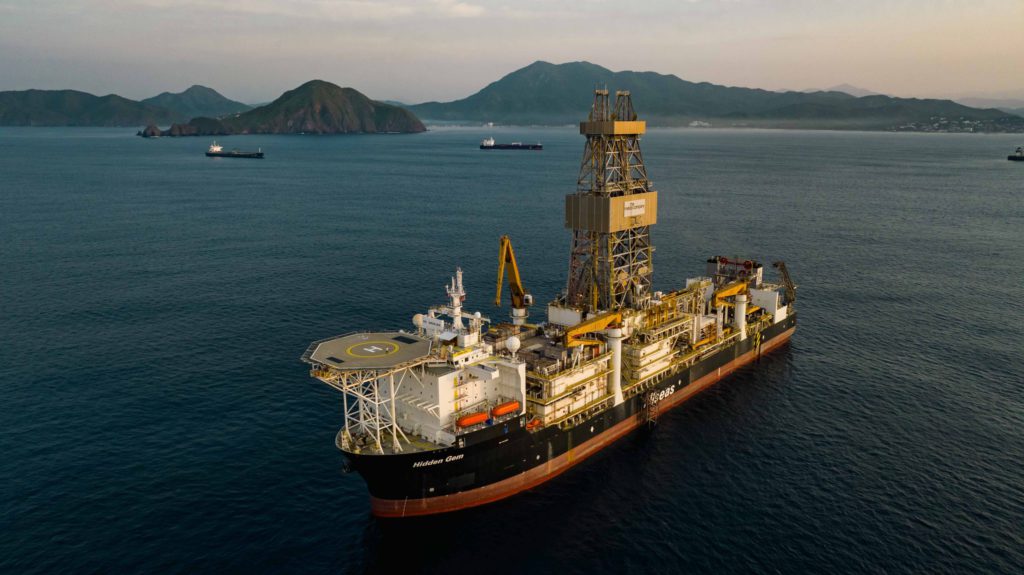Introduction
The Metals Company (TMC), a Nasdaq-listed undersea minerals explorer, has announced a significant funding boost of $37 million (C$51.75 million) through a registered direct offering. This capital injection, led by Hess Capital's Michael Hess and SAF Managing Partner Brian Paes-Braga, aims to propel TMC's ambitious seabed exploration and commercial development plans in the resource-rich Clarion-Clipperton Zone of the Pacific Ocean.
Main Body
Funding and Market Response
The funds are expected to sustain TMC's operations until a commercial recovery permit is granted, with the offering set to close by May 22. TMC's shares responded positively, rising 6.7% to C$0.64, reflecting investor confidence with a market capitalization of C$1.15 billion ($820 million). The offering includes issuing 12.3 million common shares at C$3 each, accompanied by Class C warrants for additional purchases.
Strategic Moves and Regulatory Support
Recently, TMC made history by filing the world's first permit application to mine nodules in international waters under US seabed mining code. This move aligns with a timely executive order from US President Donald Trump to accelerate offshore mining, emphasizing the critical role of domestic mineral resources in the green energy transition. TMC's exploration licences and commercial permit cover vast areas hosting billions of tonnes of polymetallic nodules, rich in nickel, copper, cobalt, and manganese—key materials for batteries and clean energy technologies.
Environmental Concerns and Mitigation
Despite the optimism, TMC's deep-sea mining plans have sparked significant environmental concerns. Critics argue that more research is needed to understand the impact on fragile ocean ecosystems and biodiversity, particularly species adapted to living on these nodules. TMC has committed to mitigating damage by preserving at least 30% of its contract areas and using advanced technology to minimize seabed disturbance. However, the debate continues over whether these measures are sufficient to protect marine life.
Analysis and Questions
In the context of global efforts to secure critical minerals for the energy transition, TMC's initiatives are strategically significant. Yet, the environmental risks pose a critical question: Can deep-sea mining be conducted sustainably without irreversible harm to marine ecosystems? As nations race to reduce reliance on foreign mineral supplies, balancing economic interests with environmental stewardship remains a pressing challenge. The involvement of seasoned investors like Michael Hess suggests confidence in TMC's potential, but public and scientific scrutiny will likely intensify as operations progress.
